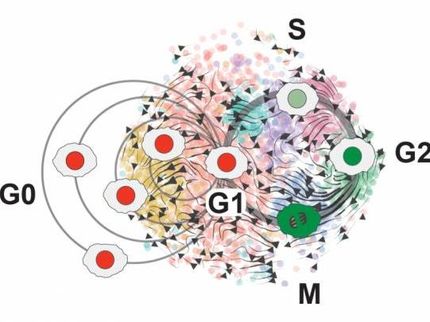BioWa and Medarex Announce Allowance of Investigational New Drug Application for Second-Generation Anti-CD30 Antibody (MDX-1401)
Advertisement
BioWa, Inc. and Medarex, Inc. announced the allowance of an investigational new drug application (IND) filed with the U.S. food & Drug Administration (FDA) for MDX-1401, a fully human antibody that targets CD30-positive lymphomas. MDX-1401 is enhanced for greater Fc receptor mediated antibody activity, one critical mechanism in tumor lysis by antibodies, using BioWa's Potelligent Technology.
The dose-escalation, multi-dose Phase I clinical trial is expected to enroll up to 36 patients with relapsed or refractory Hodgkin's disease. The trial is designed to establish and evaluate the safety profile and initial efficacy of MDX-1401. Preclinical in vitro studies showed that this second-generation nonfucosylated anti-CD30 antibody demonstrated enhanced antibody-dependent cellular cytotoxicity (ADCC), an important mechanism of action of therapeutic antibodies, and was active in inhibiting tumor growth in in vivo xenograft models.
Other news from the department science
Most read news
More news from our other portals
See the theme worlds for related content
Topic world Antibodies
Antibodies are specialized molecules of our immune system that can specifically recognize and neutralize pathogens or foreign substances. Antibody research in biotech and pharma has recognized this natural defense potential and is working intensively to make it therapeutically useful. From monoclonal antibodies used against cancer or autoimmune diseases to antibody-drug conjugates that specifically transport drugs to disease cells - the possibilities are enormous

Topic world Antibodies
Antibodies are specialized molecules of our immune system that can specifically recognize and neutralize pathogens or foreign substances. Antibody research in biotech and pharma has recognized this natural defense potential and is working intensively to make it therapeutically useful. From monoclonal antibodies used against cancer or autoimmune diseases to antibody-drug conjugates that specifically transport drugs to disease cells - the possibilities are enormous

























































